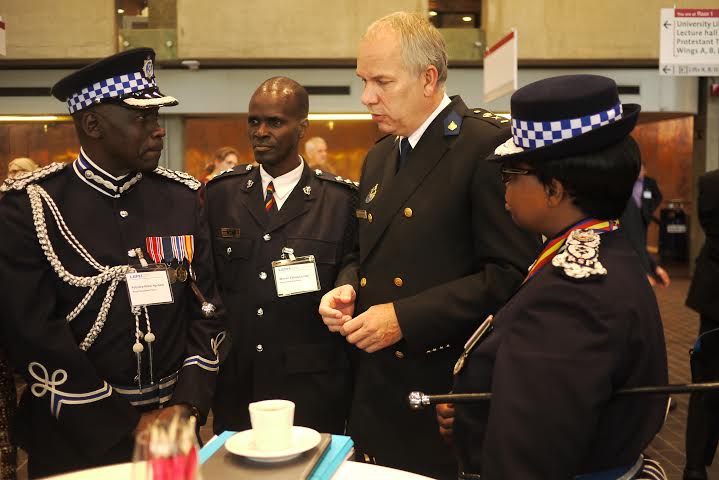The Law Enforcement & HIV Network is unique:
It is a way of connecting people across the globe, particularly those working in law enforcement and public health, to work together to reduce and prevent HIV transmission and increase treatment and services for affected communities
Unlike any other harm reduction network, LEAHN’s advocacy is led by senior police in over 20 countries in key locations affected by HIV.
(Read more about our Country Focal Points here)
Donate to our campaign here
(ends 17 Oct 2016)
The purpose of the Law Enforcement and HIV Network (LEAHN) project is to build a network whose existence and activities promote cultural change among police, so that facilitation and support for HIV prevention efforts becomes the norm in policing practice globally; and through this process, addresses the human rights of the key affected populations.
Funds raised in this campaign will be used to:
· Provide information, support and practical guidance for police representatives of LEAHN to work with other police to build evidence-based knowledge about human rights, health and due process. This will enable greater numbers of police to make informed, ethical decisions whilst working effectively with key populations to reduce HIV infections and support national and international goals to prevent HIV; and
· Raise awareness amongst health workers, NGOs and key populations about the value of police-health partnerships and the important role policing plays in the HIV response.
Police have traditionally been key players in the broadest range of public health issues (including mental health, road trauma, violence prevention, alcohol and other drug regulation, and many others), but their critical contribution is not well recognized. Globally, in almost every country and every situation, police are the critical element in determining the risk environment for most populations at risk of HIV, including especially sex workers and people who use (and especially those who inject) drugs, and in many countries men who have sex with men and transgendered people.
Building police capacity to function as effective partners with HIV programs and civil society and promoting such partnership is one of the most promising strategies for removing barriers to effective HIV prevention, treatment and care, and for engaging a powerful ally in the response to HIV.
Your donation will help expedite the emerging police-health partnership in the HIV response, specifically in ‘Getting to zero’, namely zero new HIV infections, zero discrimination and zero AIDS-related deaths.



